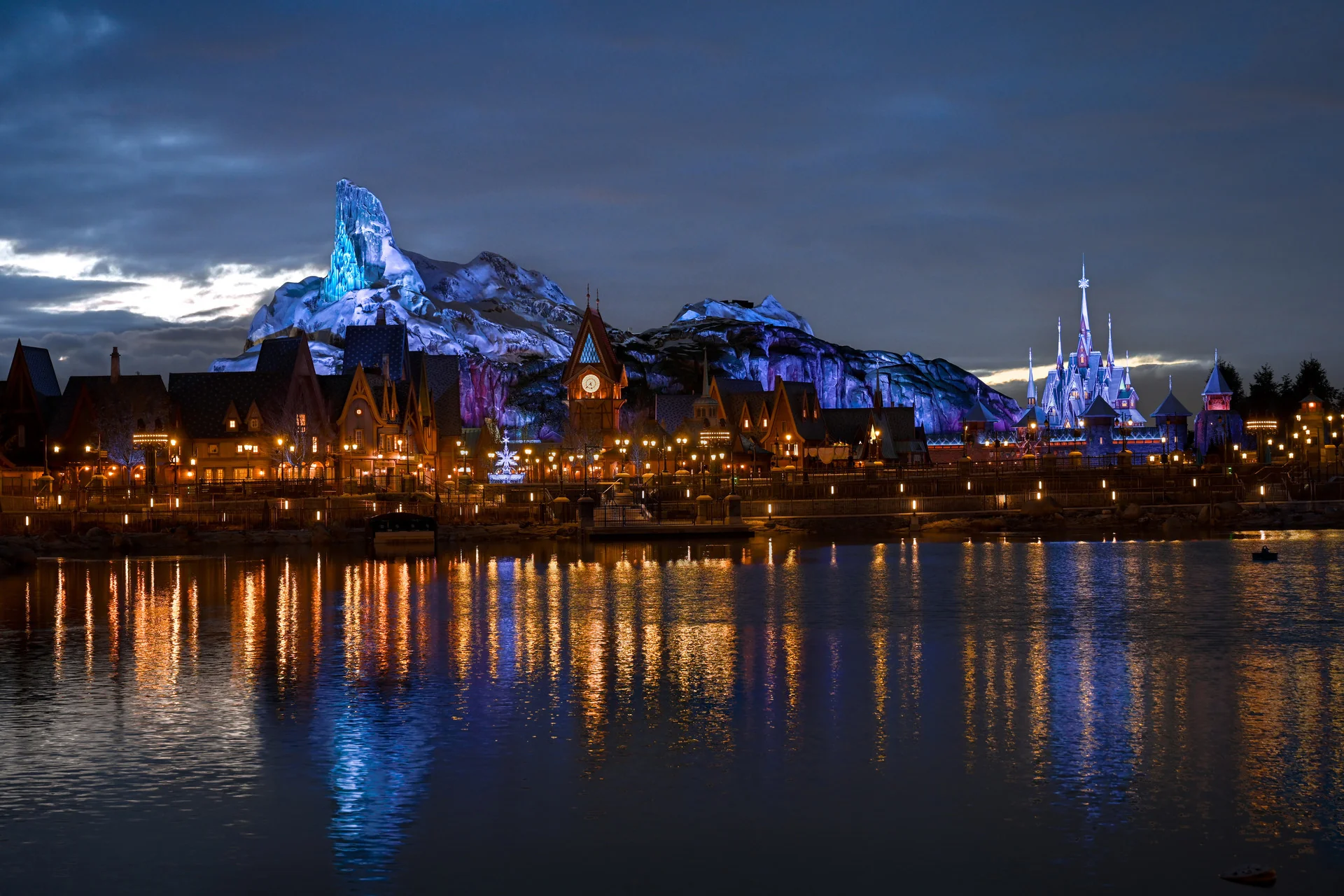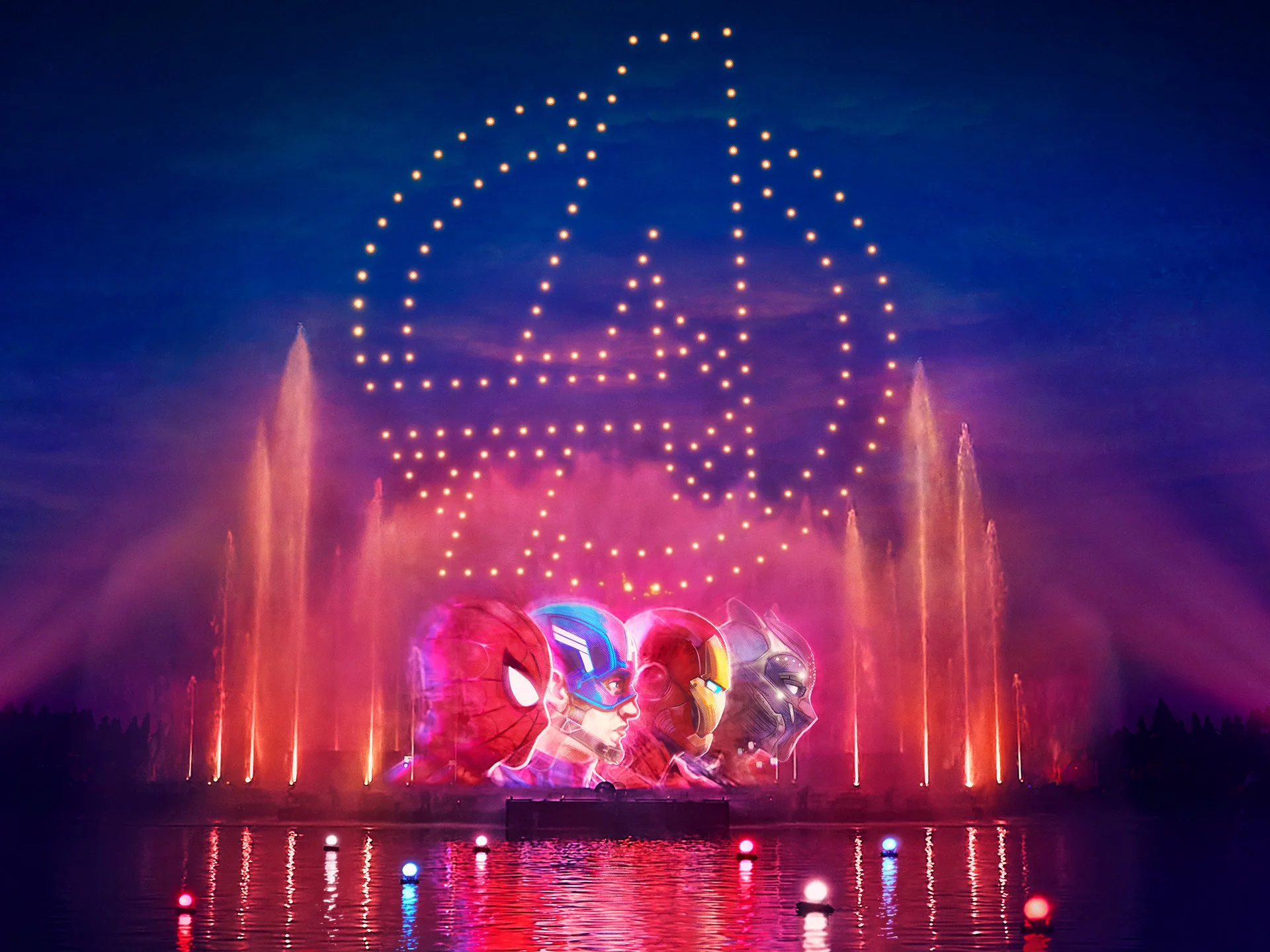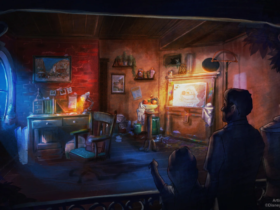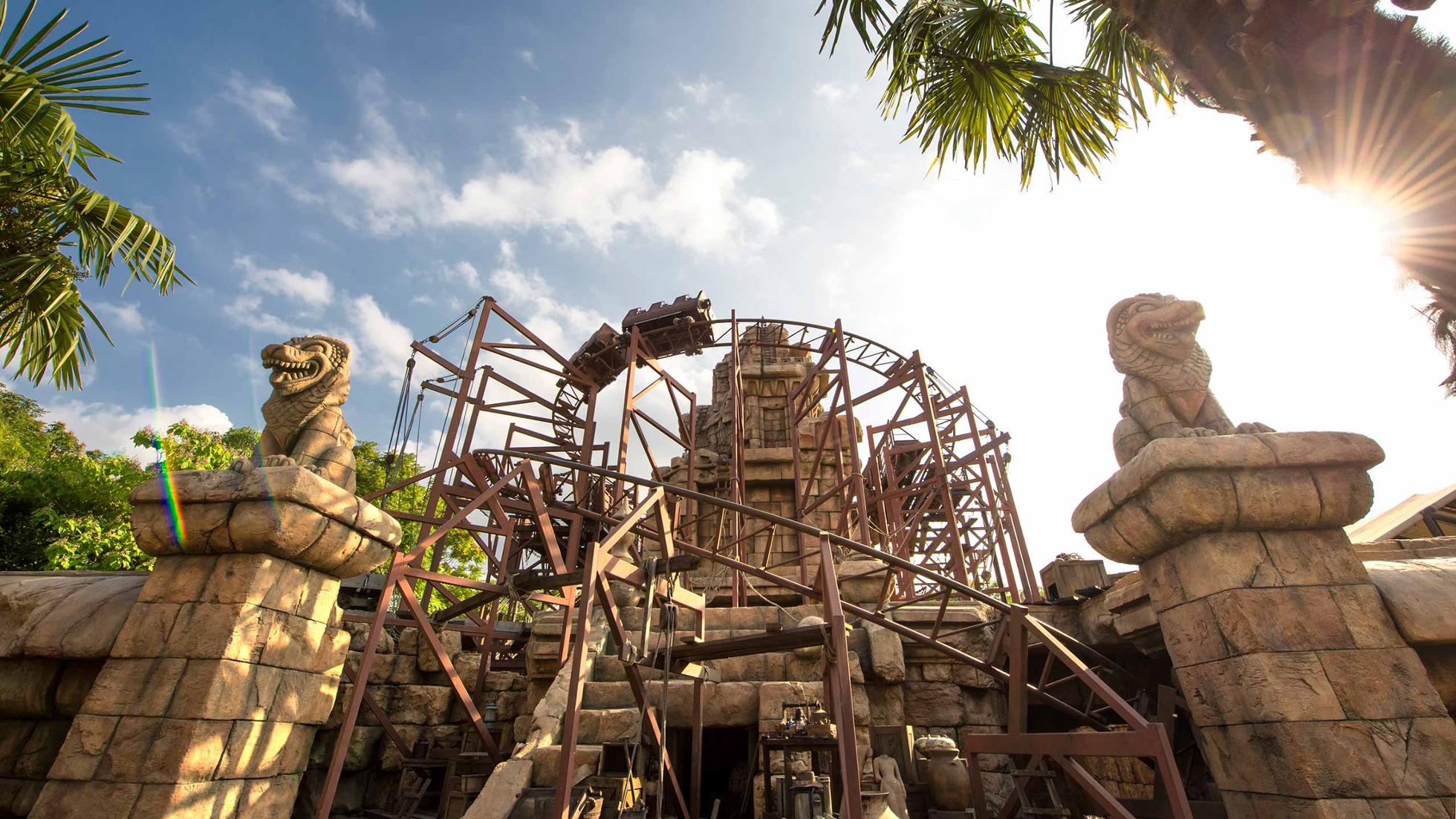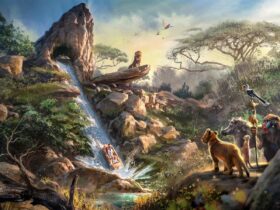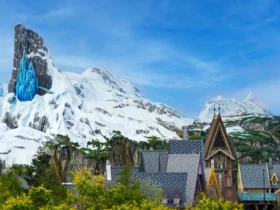Indiana Jones and the Temple of Peril attraction in Adventureland at Disneyland Paris is not just an adventure through the remains of an Indian temple. It’s also a place packed with references to the saga of the famous archaeologist.
With the release of the latest adventures of this famous archaeologist, Indiana Jones and the Dial of Destiny. Let’s explore this unique attraction and unearth some of its many secrets…
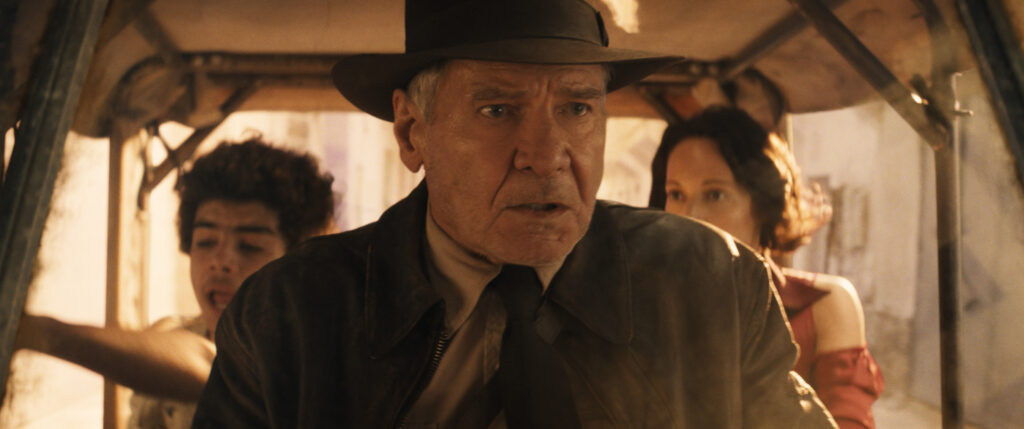
Technical data :
Opening date : 30 July 1993
Location : Adventureland – Disneyland Park
Type of attraction : Seated rollercoaster
Maximum speed : 58 km/h
Length of adventure : 1m14s
Turnaroud : 1
Interest by age : Young teenagers, adolescents, adults
Height required : 1.40 m
Capacity : 1472 people/hour
Maximum capacity per train : 12 people
Additional services : Single rider and Disney Premier Access
At the heart of history
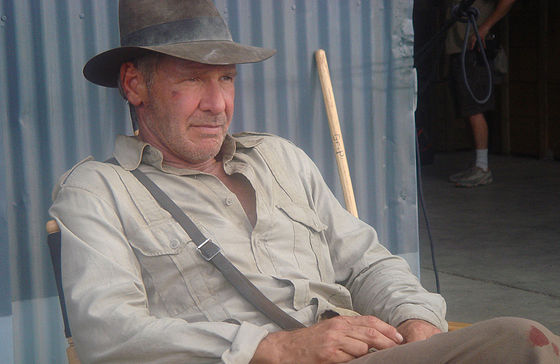
The story of Indiana Jones and the Temple of Peril is legendary. Throughout his career, Indiana Jones, played by the star Harrisson Ford, has travelled the globe in search of history’s greatest treasures for museums and universities. In 1936, he set out in search of the Ark of the Covenant, followed by the Grail in 1938. A few years later, he was back in India, where he had already gone to recover one of Sankara’s sacred stones. But this time his expedition was official. With the support of his university, he set out to find an ancient Lost City hidden deep in the jungle. His only clue was a strange moral: “The treasures of the world await those who dare to soar high”. So it was at the top of a hill that he began his excavations and discovered the first remains of a thousand-year-old temple. Given the scale of the edifice, a veritable rail network was set up to facilitate the excavation. To reveal a true architectural marvel. Worthy of some of the most sacred sites in eternal India, such as the temple of Vidyashankar, in the south-west of the country.
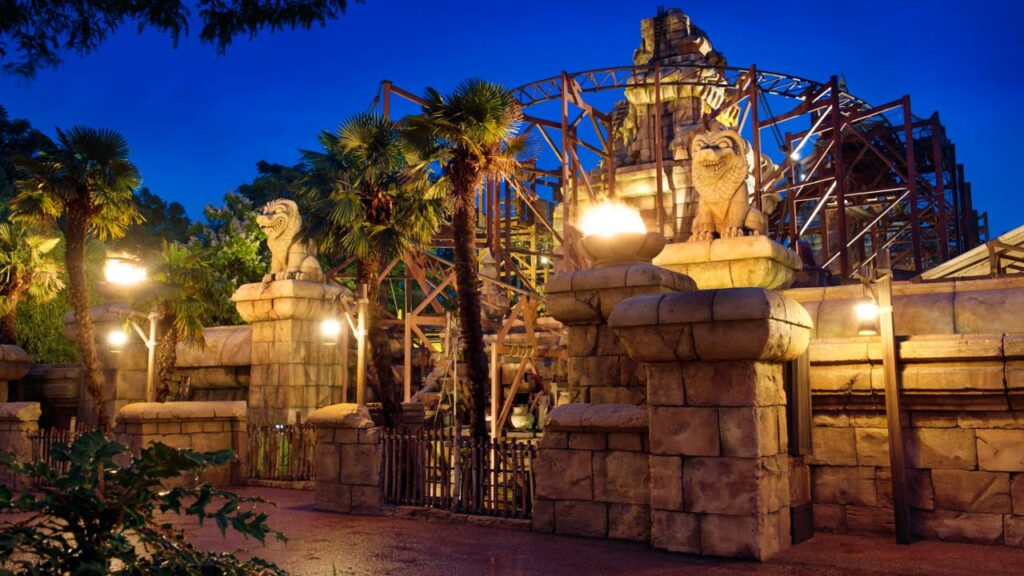
After several months of intensive excavations, the site is finally open to the public, who can now appreciate its beauty, but also its mysteries. With an eventful visit on board one of the wagons used for the site.
Brave but not foolhardy!
While the story is original, the attraction is not without its many allusions to the various films in the saga, starting with Raiders of the Lost Ark, the first opus, made in 1981.
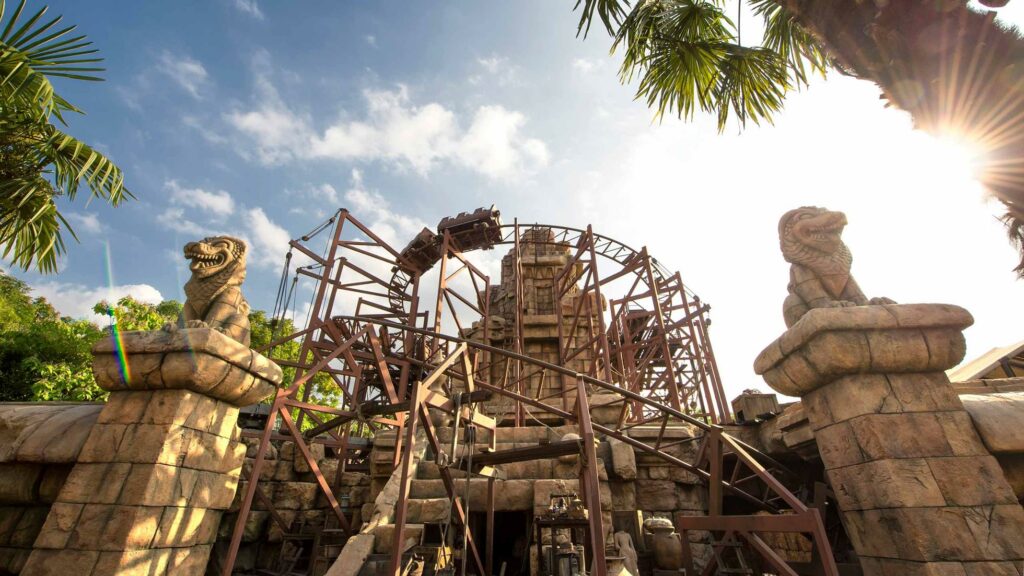
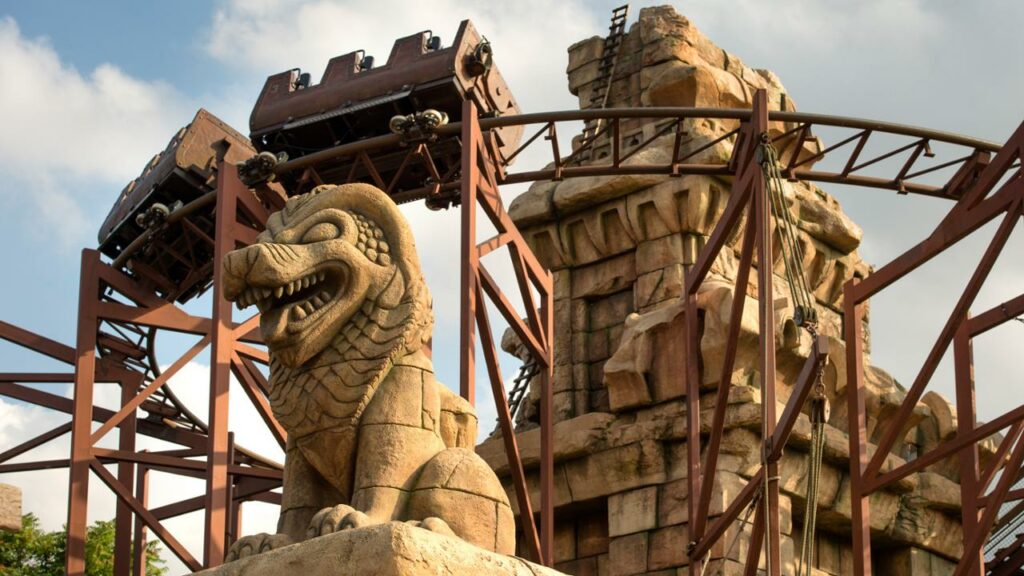
For example, the Willys Jeep and the truck with the bonnet topped with impressive horns on the site are in fact vehicles from the Second World War. They have been customised by Imagineers to resemble those used for filming. In particular, the truck carrying the Ark of the Covenant.
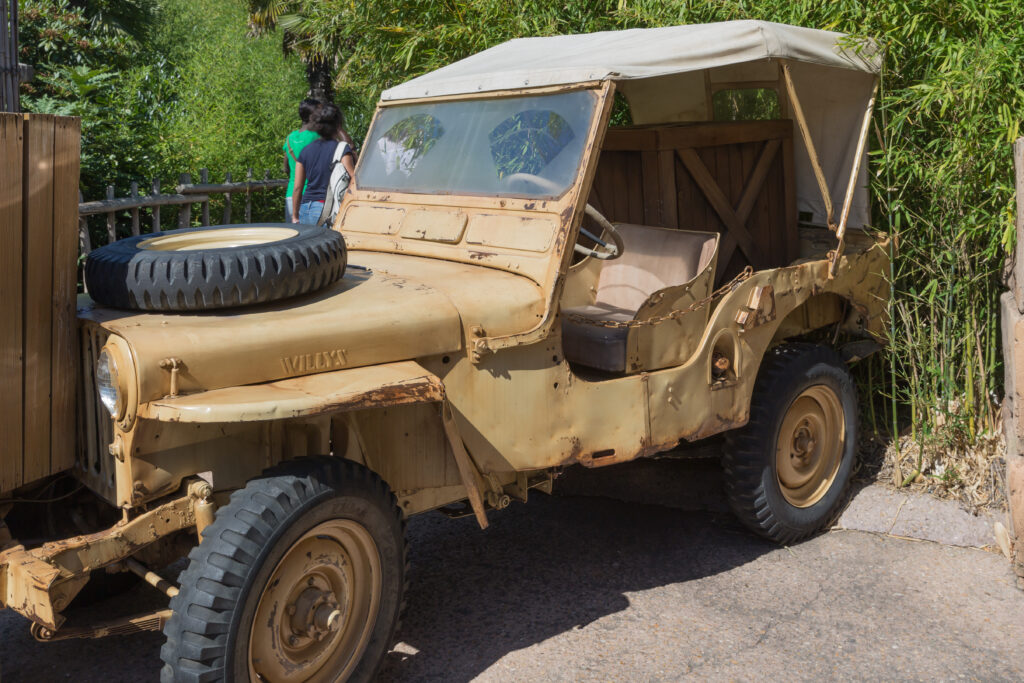
We learn in the film that Indy, intrepid as he is, does have one flaw: a phobia of snakes. It has to be said that with the many reptiles gathered during filming in the Well of Souls, there’s plenty to panic about! It was this trait that inspired the Imagineers to dedicate the temple to the god Shiva. Shiva is symbolised by his cobra Naga, often depicted around his neck in Hindu iconography. There are two monumental sculptures of the cobra on either side of the staircase that forms the entrance to the temple. A smaller version stands in front of one of the tents in the camp.
Any resemblance to an existing attraction…
Can you guess? Because it’s a mine train that makes up this attraction, we tend to think of another well-known Frontierland attraction! But no, the wagon ride in Indiana Jones and the Temple of Peril has its own special features. It’s reminiscent of the iconic mine chase in Indiana Jones and the Temple of Doom (1984). The filming of this epic sequence required all the expertise of Steven Spielberg‘s team, combining models and shots with the actors. The result was dazzling, earning the film an Oscar® for best visual effects. To retrace previous events at Disneyland Paris, the Imagineers wanted to go even further. This time, they proposed a 560-metre circuit through the ruins of the temple, including a 360° inversion. A first for a Disney Park at the time. For some unknown reason, it was removed in 2004. But it was during this inversion that the attraction was transformed into Indiana Jones and the Temple of Peril… in reverse! With the carriages installed in the opposite direction of travel. At the time, it was completely astonishing news!
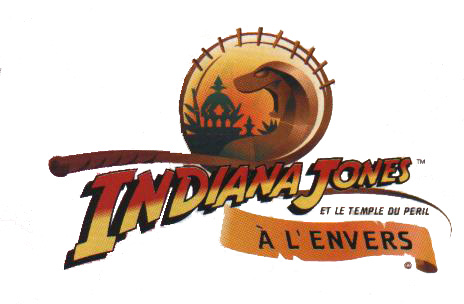
Our hero’s little secrets
The third adventure of our favourite archaeologist, Indiana Jones and the Last Crusade (1989), reveals the origins of our hero’s clothing attributes: the whip and the famous fedora hat. They come from his encounter with a certain Fedora, the leader of a group of tomb robbers who have come to steal the Cross of Coronado. After stealing the relic from the bandits, he tries to escape. He tries to escape and lands on the roof of a train carrying circus animals. He then falls into a lion’s carriage, which he manages to keep at bay thanks to a whip conveniently dangling nearby. As for the hat, it is given to him by the thief himself at the end of the chase. As a token of admiration for his courage, even if it didn’t allow him to keep the cross. If you look carefully, you can find these two attributes not far from the entrance to the attraction, on the scaffolding.
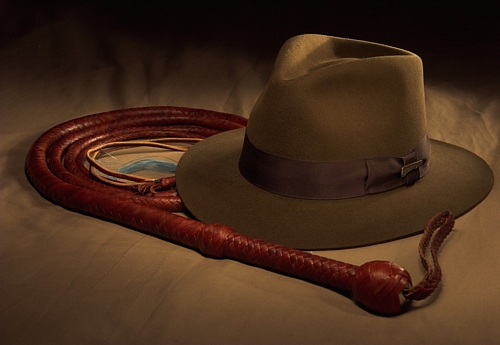
Another evocative detail is that one of the crates on the boarding platform looks ready to be sent to Marcus Brody at Barnett College, where Indiana Jones teaches at the start of the film.
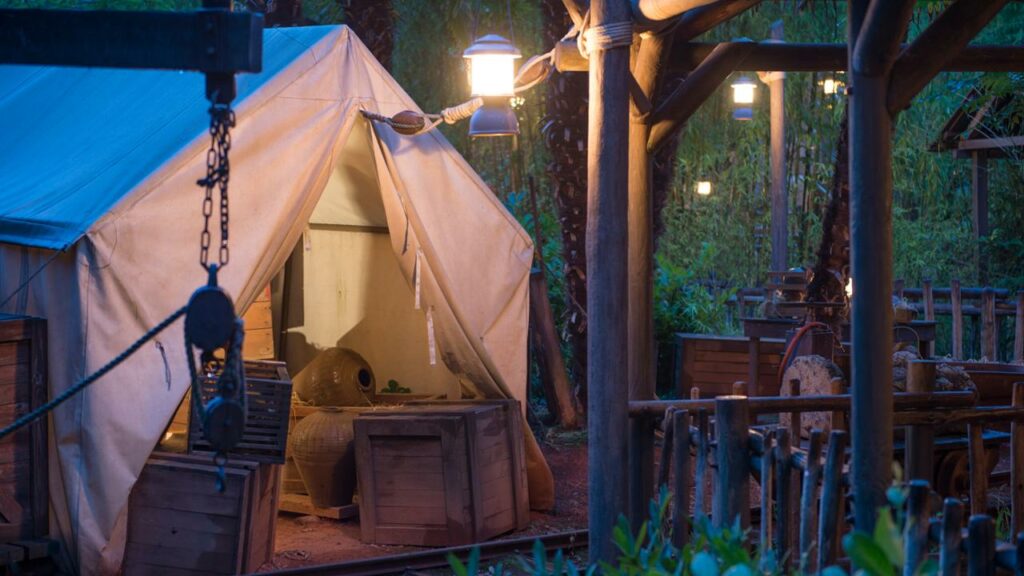
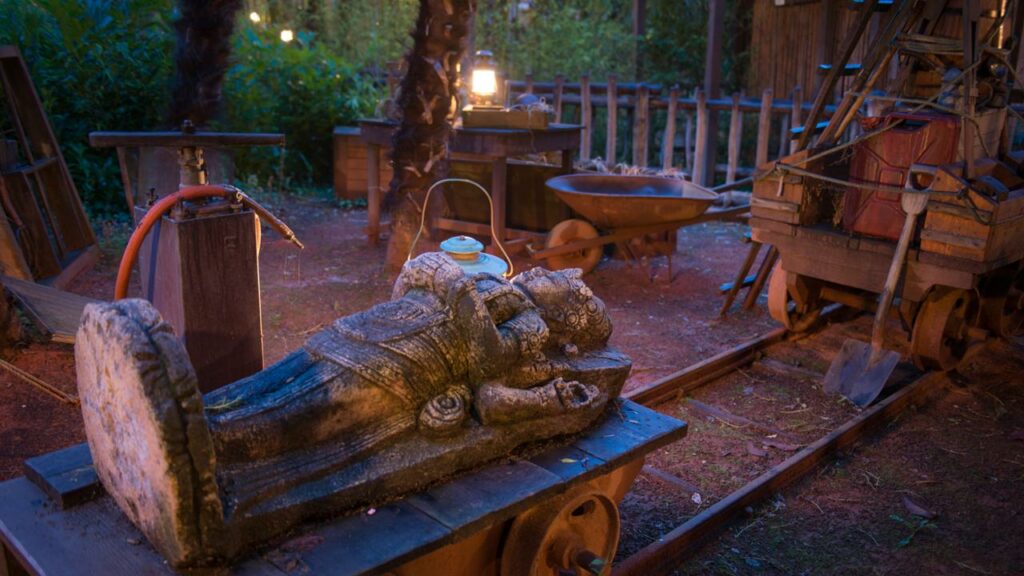
As for the attraction’s motto, it is reminiscent of the sibylline advice found by Professor Henry Walton Jones Senior, Indiana’s father, played by Sean Connery, in his quest for the Holy Grail. It is about the humility of the penitent and the confidence of the believer.
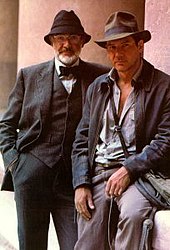
Temple of Peril was excavated in the 1940s. This adventure takes place well before the episodes of The Kingdom of the Crystal Skull (set in 1957) and The Dial of Destiny. The action takes place in 1969 in New York, at a time of major social and cultural change. However, the quest for this last artefact began much earlier. As evidenced by a notebook in the camp on which Archimedes’ famous dial can be seen.

